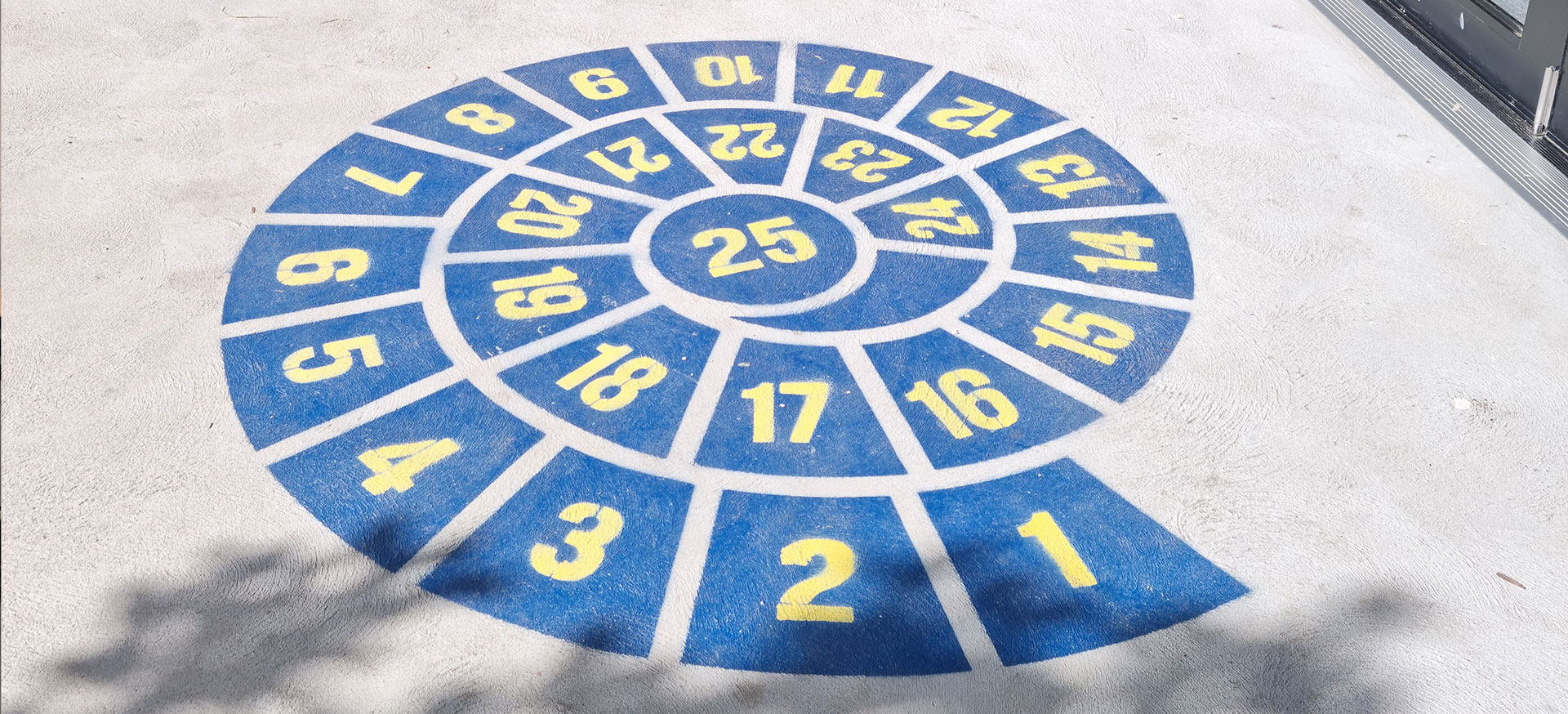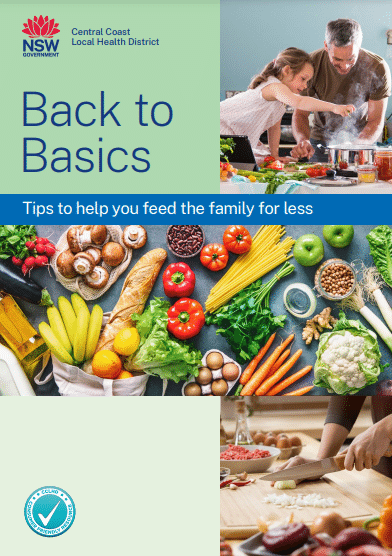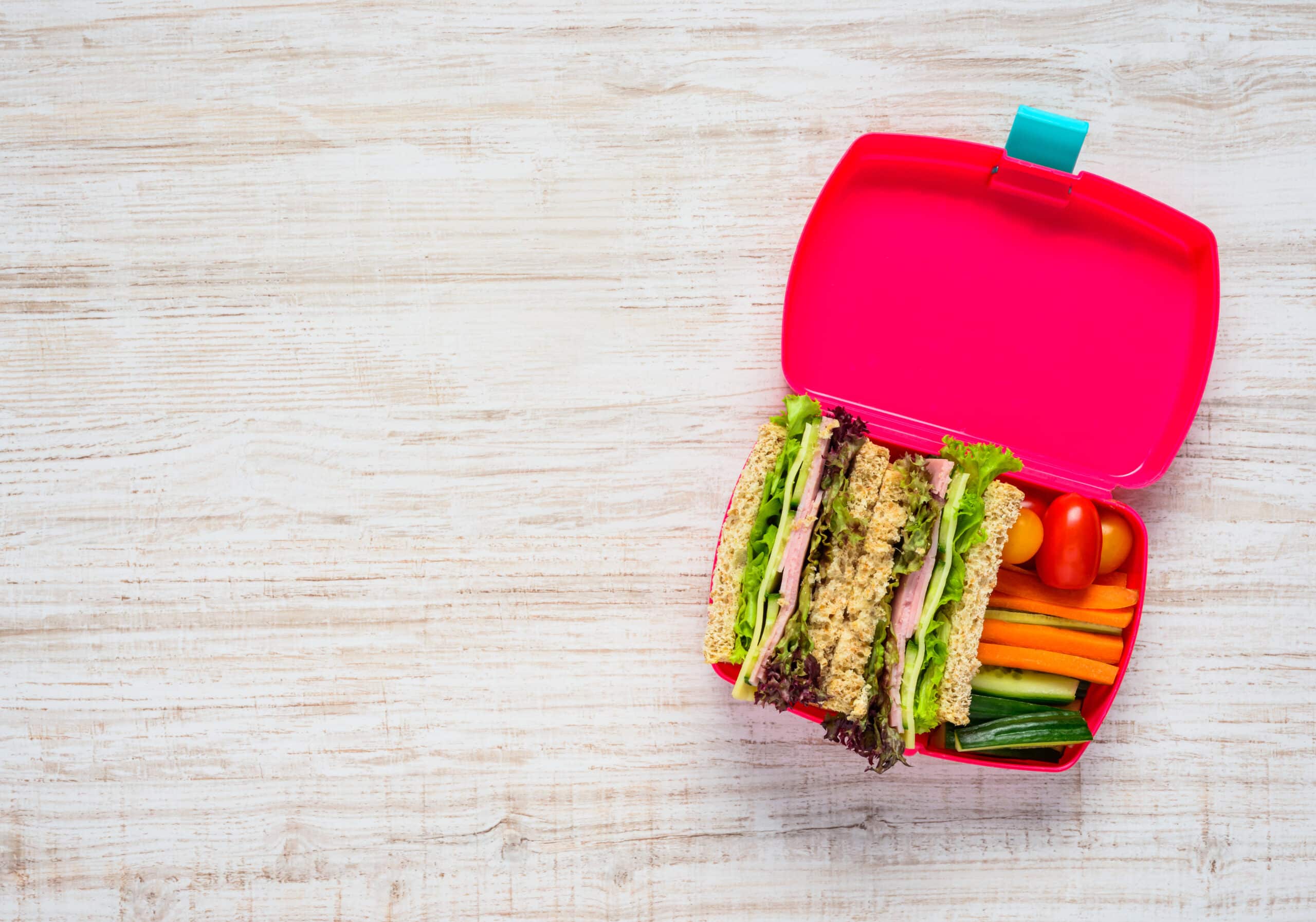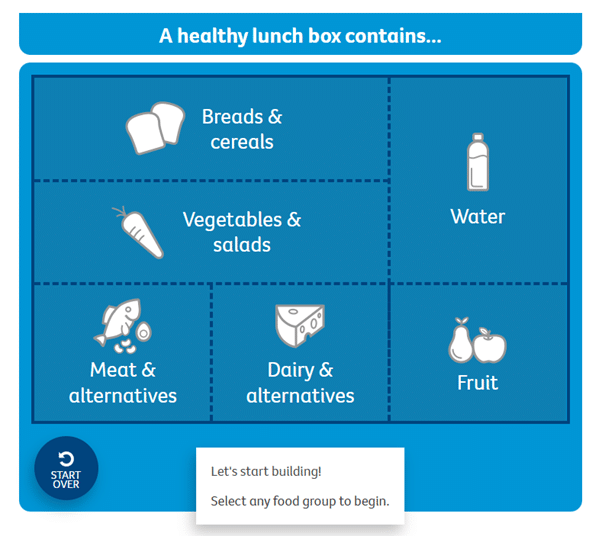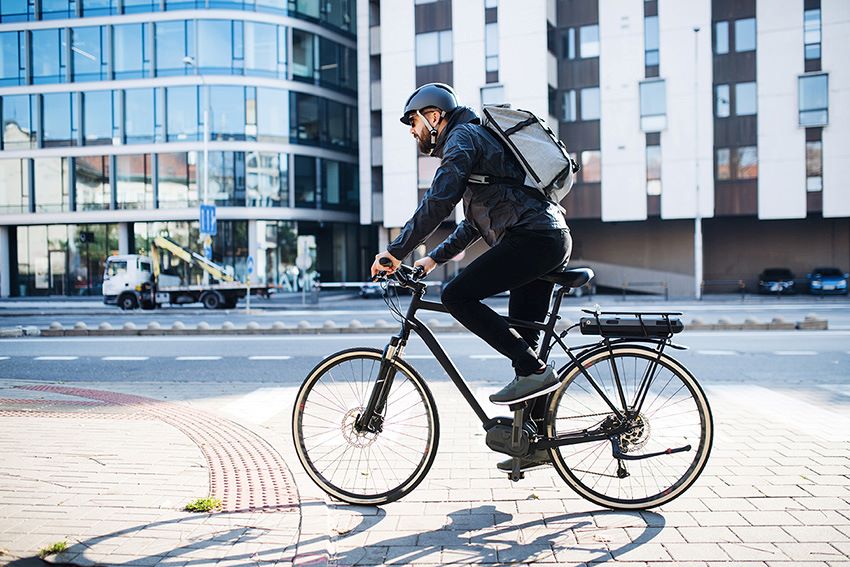Healthy High Schools
Free resources and programs to support secondary school staff, students and their families.

Healthy High Schools on the Central Coast
Healthy High Schools promotes the health and wellbeing of young people aged 12–18 in local secondary schools by using a whole-of-school approach to encourage healthy eating, adequate hydration and physical activity.
We provide students and teachers with relevant resources, information, professional development and support to implement programs that promote healthy behaviours. Programs like Thirsty? Choose Water! and Physical Activity for Everyone help young people to adopt healthy behaviours such as drinking more water and being physically active, while avoiding behaviours like vaping and poor diet that could lead to poorer health later in life.
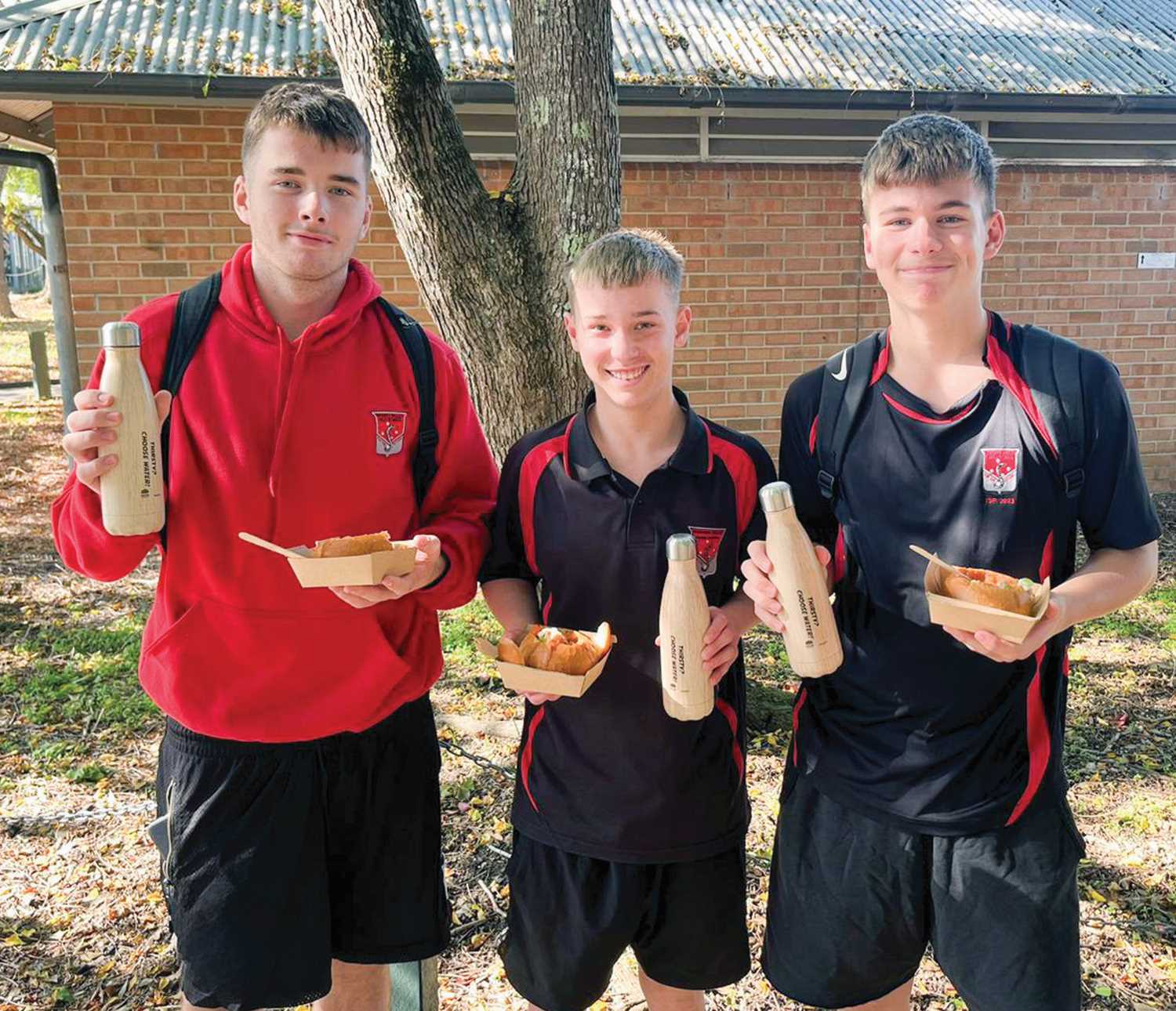
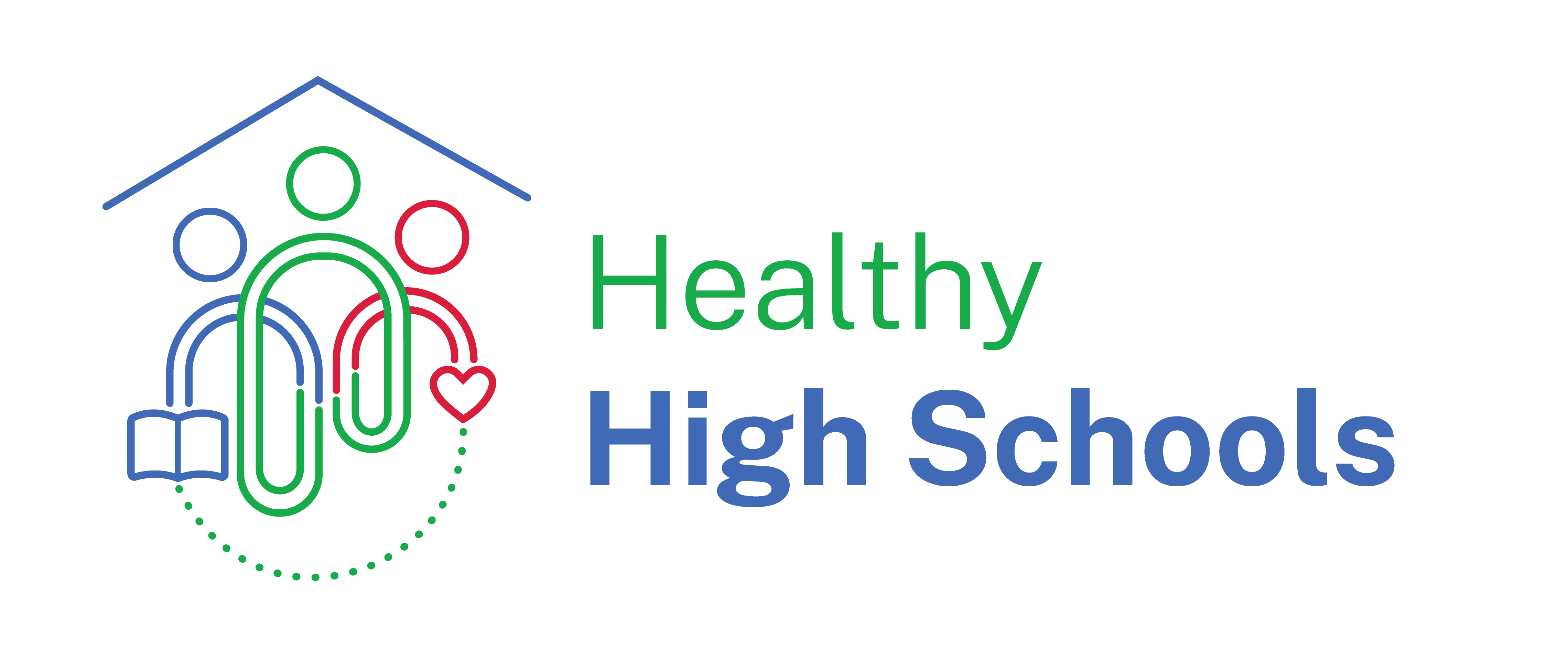
Healthy High Schools e-updates
Healthy High Schools e-updates connect health and local secondary schools through regular information. Each update offers localised initiatives, curriculum resources and fresh new ideas aimed at enhancing the health and wellbeing of both students, staff and the wider community.
Sign up now if you are a secondary teacher on the Central Coast. The updates are suitable for all staff, such as executive staff, classroom teachers and wellbeing staff including student support officers and school learning support officers.
“I look forward to receiving the Healthy High Schools e-updates which seamlessly connects our school with local health initiatives, providing us with regular, localised updates and resources that are both relevant and practical.”
Nicole Ludlam, acting head teacher wellbeing, Narara Valley High School
What’s on?
Our Health Promoting High School Calendar for teachers includes all you need to know about our support for schools in one place, including dates for things like:
- whole-of-school health and wellbeing programs
- health events and special days
- release of stage-based curriculum resources
- opportunities to work together
Your school will have received a hard copy poster of the calendar at the beginning of the school year. You can also download a digital and self-print version below. If you would like to receive a hard copy poster of the calendar, please email Chelsea Drew at Chelsea.Drew@health.nsw.gov.au.
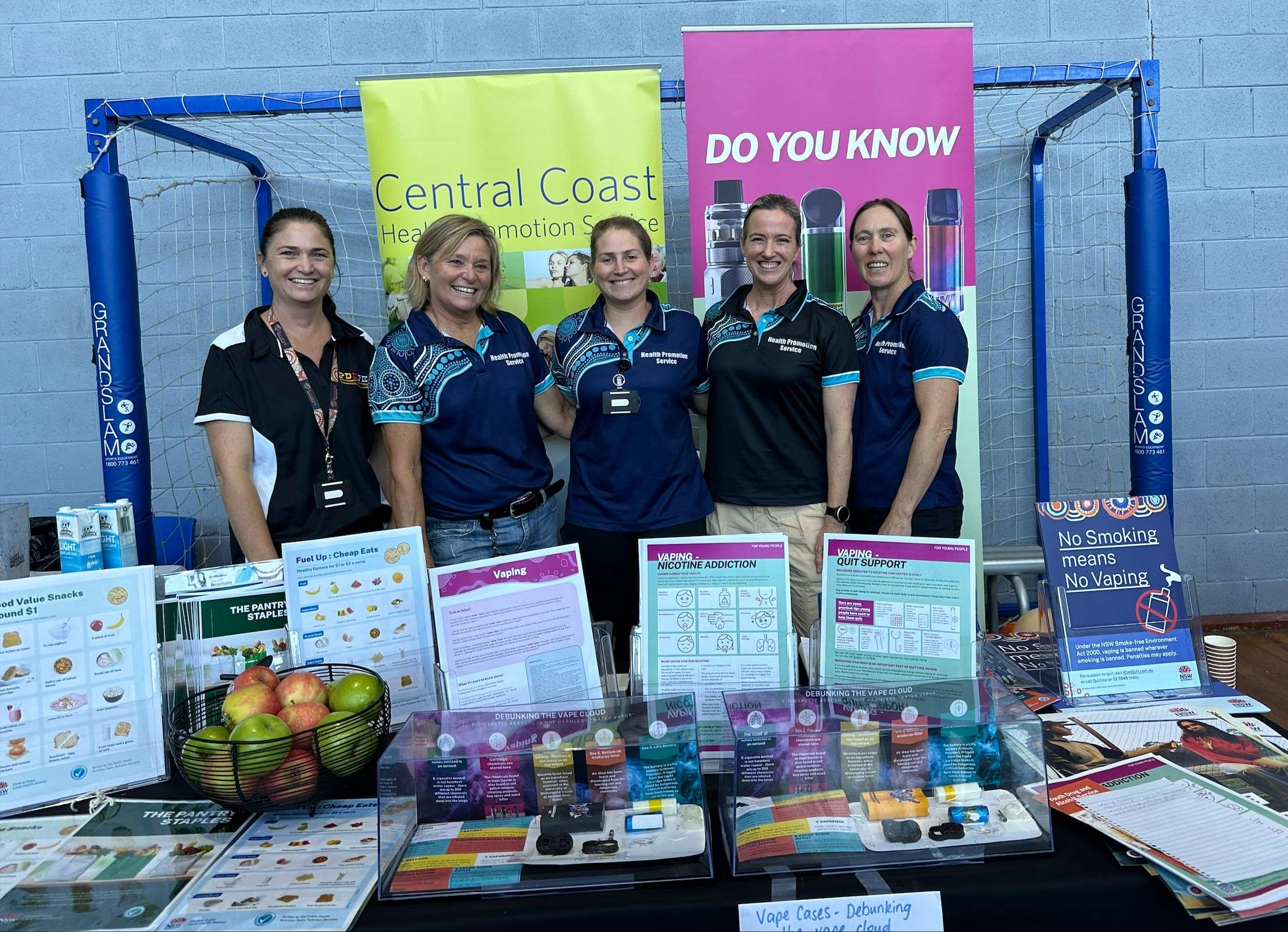
Thirsty? Choose Water!
Thirsty? Choose Water! is an initiative by Central Coast Health Promotion Service that encourages students, teachers and community to choose water over sugary drinks. Plain water – whether from the tap, fridge or a chilled water station – is a great drink choice. It’s readily available, healthy and the ideal way to quench your thirst.
Check out the Thirsty? Choose Water! website for more resources and information for teachers, students, parents and carers, plus check out how schools got involved in the Thirsty? Choose Water! Challenge in 2024.
If your school would like to be involved in the Thirsty? Choose Water! Challenge in 2025, please register your interest here.
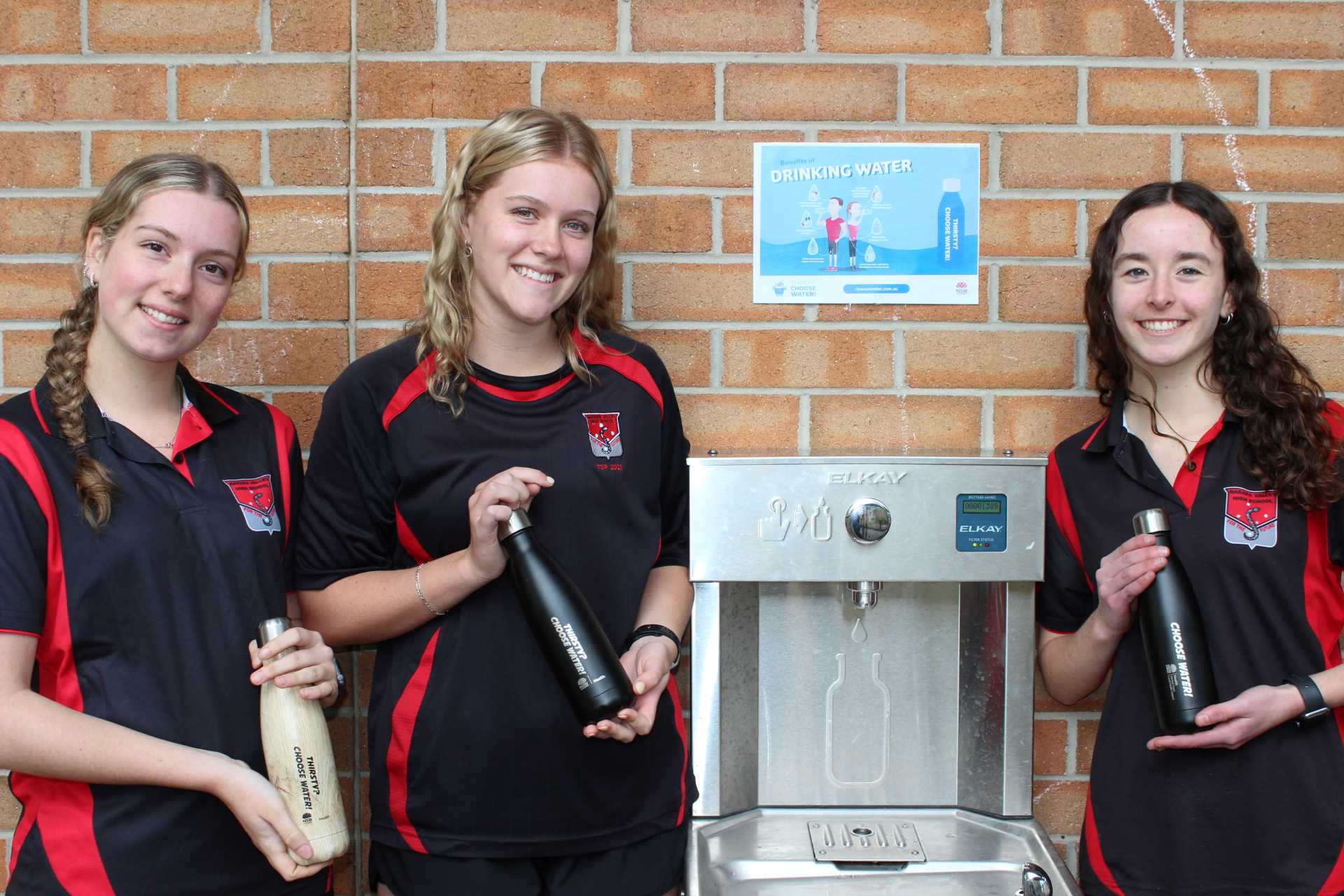
“The Thirsty? Choose Water! Challenge created a ripple effect of positive change, enhancing engagement, promoting healthier habits, and fostering a supportive, health-conscious environment.”
Samantha Hutchinson, PDHPE teacher, Wadalba Community School
Physical Activity for Everyone (PA4E1)
PA4E1 is an evidence-based, whole-school program designed to enhance student health and wellbeing. PA4E1 involves the implementation of seven physical activity practices that have shown through research to significantly improve students’ physical activity levels and overall health.
If your school is interested in implementing, get in touch.
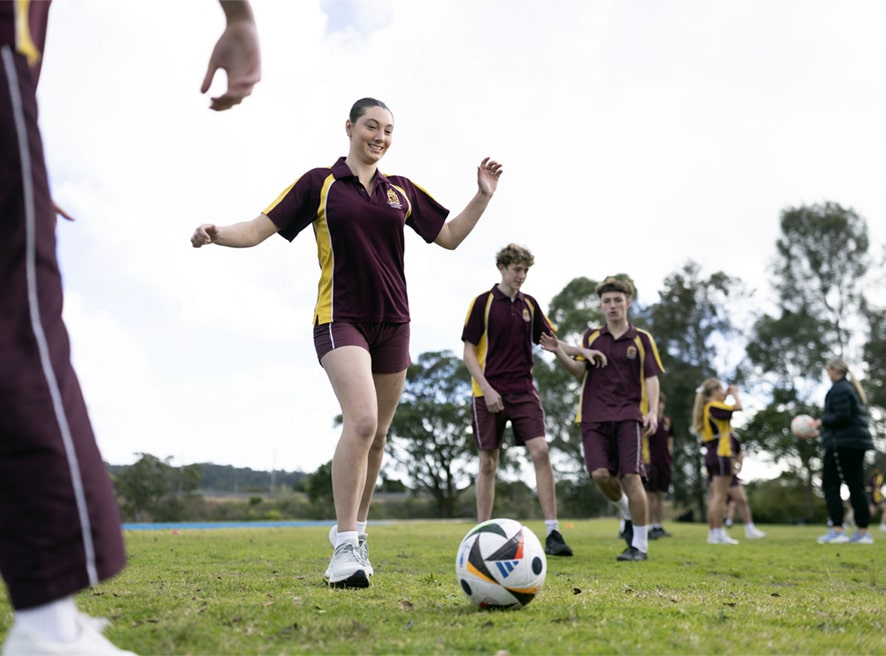
What are the seven physical activity practices?
- Increase moderate to vigorous physical activity within PE lessons
- Personal physical activity plans
- Enhanced sports program
- Recess and lunchtime activities
- Supportive school policies
- Links with parents
- Links with the community
Physical activity
Getting active is awesome for both your body and mind. Being active through movement is incredibly beneficial for adolescents, not only for their physical growth, but also for developing social skills, building emotional resilience and enhancing cognitive abilities in school.
For children aged 5–17, it is recommended that:
- They participate in at least 60 minutes a day of moderate to vigorous physical activity that makes your heartbeat faster. This can be in one session or several shorter ones throughout the day.
- On at least 3 days, this should include vigorous activities and activities that strengthen muscle and bone, such as running, climbing, push-ups, sit-ups, lifting weights and yoga.
Read more about these guidelines on our Physical Activity Guidelines page.
Whether it’s through organised sports, walking or cycling places, or just moving around during the day, these activities help foster happy, energetic teens and build healthy habits that will serve them well into adulthood.
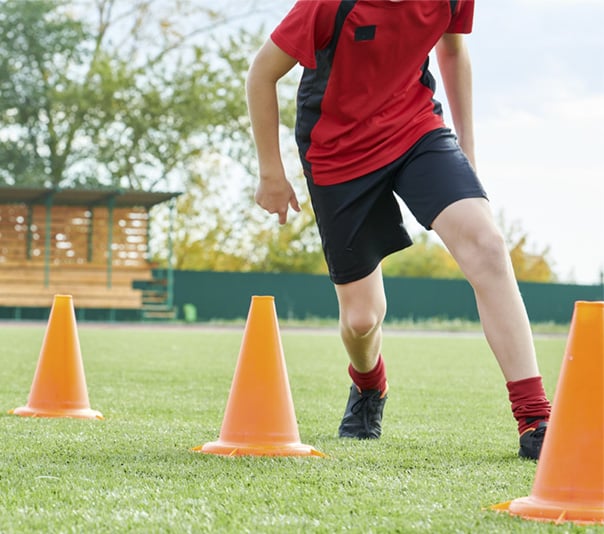
Tips to get active
- Join a local sports team. Whether it’s soccer, basketball, or netball, team sports are a great way to stay fit and make new friends.
- Strengthen muscles and bones through skipping, running, yoga, jumping, push-ups, sit-ups, lifting weights, lunges and squats. Youth clubs such as YMCA and PCYC run gym classes (Streetgym) and physical activity sessions for young people, after school or during the school holidays.
- Swap the bus for a ride or walk to school. Riding a bike is a great way to travel, and walking helps you get more steps in and keeps you active.
- Try something new like pickleball – it’s one of Australia’s fastest growing sports and it’s not hard to see why. It’s fun for everyone, regardless of age, skill or fitness level. Check out where you can play for free on the Central Coast.
- Skateboarding or rollerblading is not only fun, but a great way to add to the daily moderate physical activity minutes. Find a skatepark near you.
- Swim at the beach or pool. Swimming is a low-impact exercise that’s great for your whole body.
Healthy eating
Eating healthily is important for our overall wellbeing. It helps our body function properly, improves our mood and brain power, and prevents fatigue. Yet teens aged 11–18 eat fewer fruits and vegetables than other age groups. This is also a time of rapid growth and brain development, which can cause big changes in appetite. So, it’s crucial for them to have a balanced diet and a good breakfast to prepare for a day of learning.
Here are some resources and tools that help support families to provide healthy foods for young people.
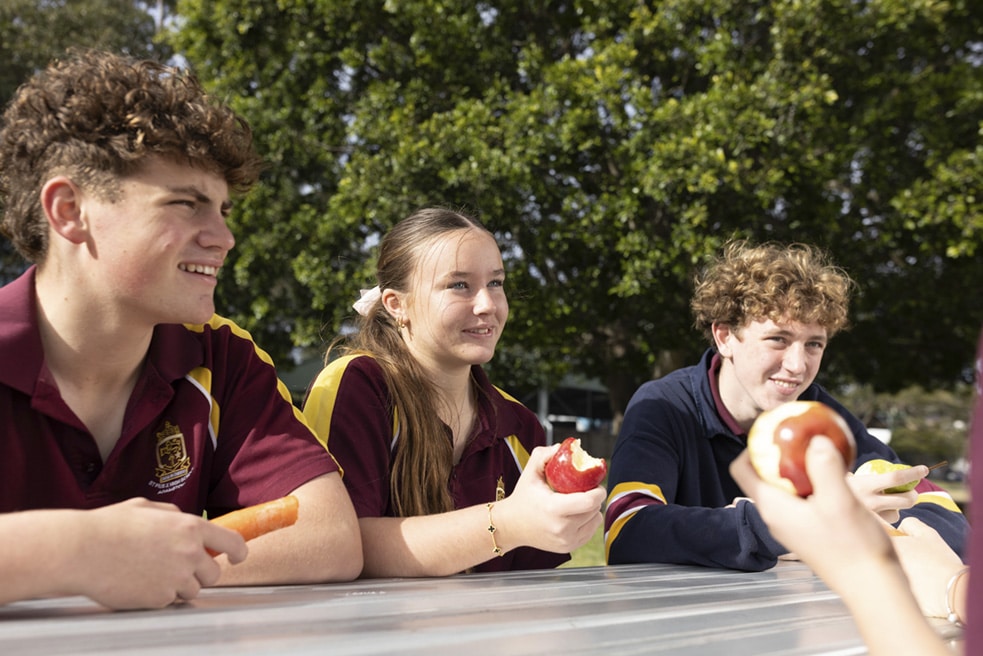
Nutrition on a budget
Lunchbox ideas
Lunchbox builder
Further support
Teachers
For further information and support for schools, contact Chelsea Drew, Health Promotion Officer Secondary Schools and Young People, on (02) 4320 9716 or email Chelsea.Drew@health.nsw.gov.au.
You can also sign up to receive our Healthy High Schools e-updates.
Parents and carers
Our monthly Refresh newsletter contains details on our healthy lifestyle resources, programs and information for the Central Coast community.
You can also follow us on Facebook.
Useful websites for young people, parents and carers, and teachers
There are a number of other websites with helpful resources and information to support good health and wellbeing for young people.
Healthy food and drinks
Eat for Health – advice and nutrition calculators to show the amount and kinds of foods that we need to eat for health and wellbeing based on the Australian Dietary Guidelines
Healthy lunchboxes (Healthy Eating Advisory Service) – ideas on how to pack a lunchbox that kids will love
Healthy recipes (Healthy Eating Active Living) – includes a Kids’ Lunch section
Physical activity
Yulunga Traditional Aboriginal Games – activity resource of more than 100 traditional Indigenous games
School Sport Unit – shelf-ready teaching and learning resources to support student movement throughout the school day.
NSW Premier’s Sporting Challenge – a program offering a range of initiatives to students and teachers to promote participation in sport and physical activity
Sporting Schools – schools can access resources, online learning and apply for funding
Screen time and online safety
Teenage screen time: tips for balance (Raising Children Network) – tips for managing screen time at home
eSafety Commissioner issues and advice – advice on how to help your child deal with online safety issues covering a range of different areas including gaming and privacy
Sleep
Sleep and teenagers: 12–18 years (Raising Children Network) – strategies to improve your child’s sleep
Teenage sleep (Sleep Health Foundation) – facts about teenage sleep
Mental health and wellbeing
Teens 12–18 years (Raising Children Network) – tips for parenting teens
Smiling minds – a free mindfulness meditation app
BRAVE – a free online program for young people and parents and carers to identify, understand and improve worried thoughts and behaviour patterns
Headspace – early intervention mental health services for young people aged 12–25 years old and those supporting them
NSW Mental Health Line – for young people with more severe mental health concerns requiring support from health professionals
Vaping
Vaping (Central Coast Health Promotion Service) – our page covering everything you need to know about vaping
Say No to Vaping (Central Coast Health Promotion Service) – our campaign to highlight the health risks of using e-cigarettes to teenagers
Pave – new evidence-based app developed by Cancer Institute NSW together with young people to help them quit vaping
Vaping resources hub (NSW Health) – practical resources on vaping
The facts about vaping – NSW Department of Education stage 4 PDHPE teaching resource
Reframing vaping – NSW Department of Education stage 5 PDHPE teaching resource
Other pages you might be interested in
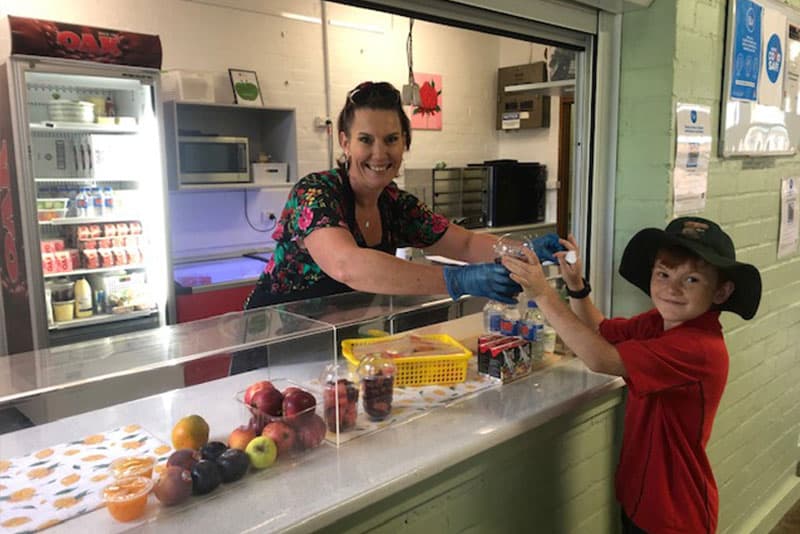
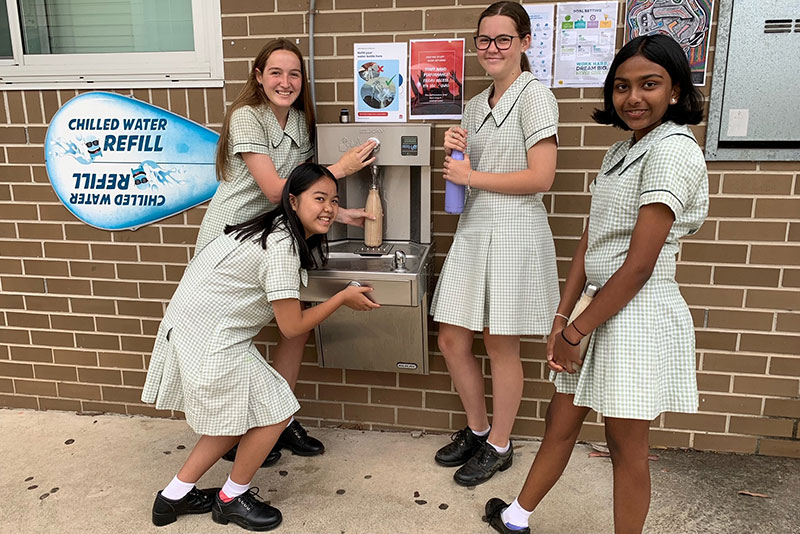
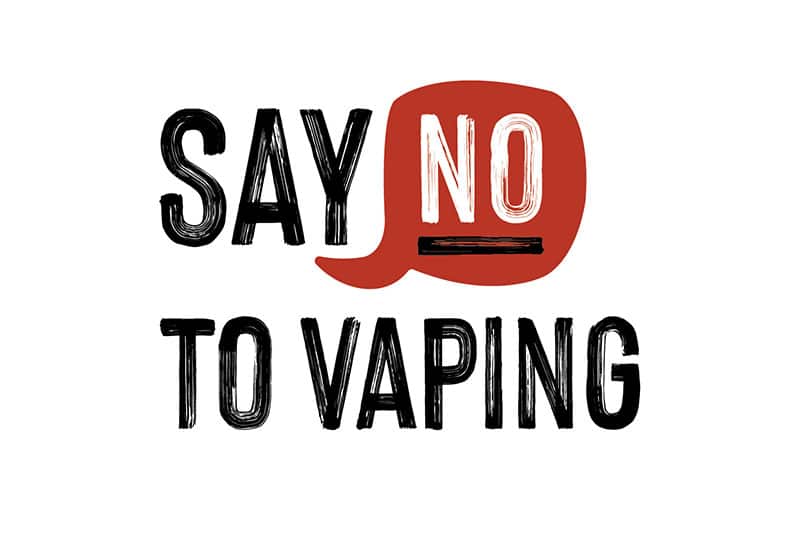
Latest News

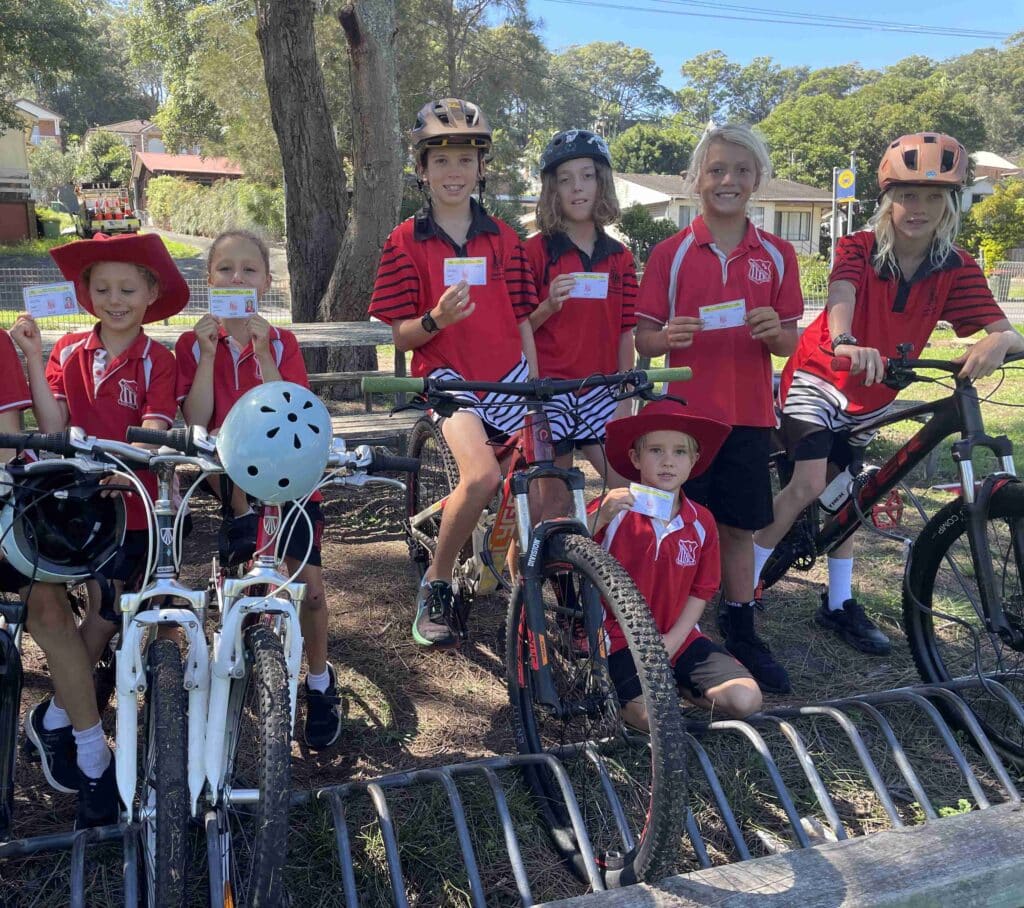
Children to get on their bikes for National Ride2School Day

